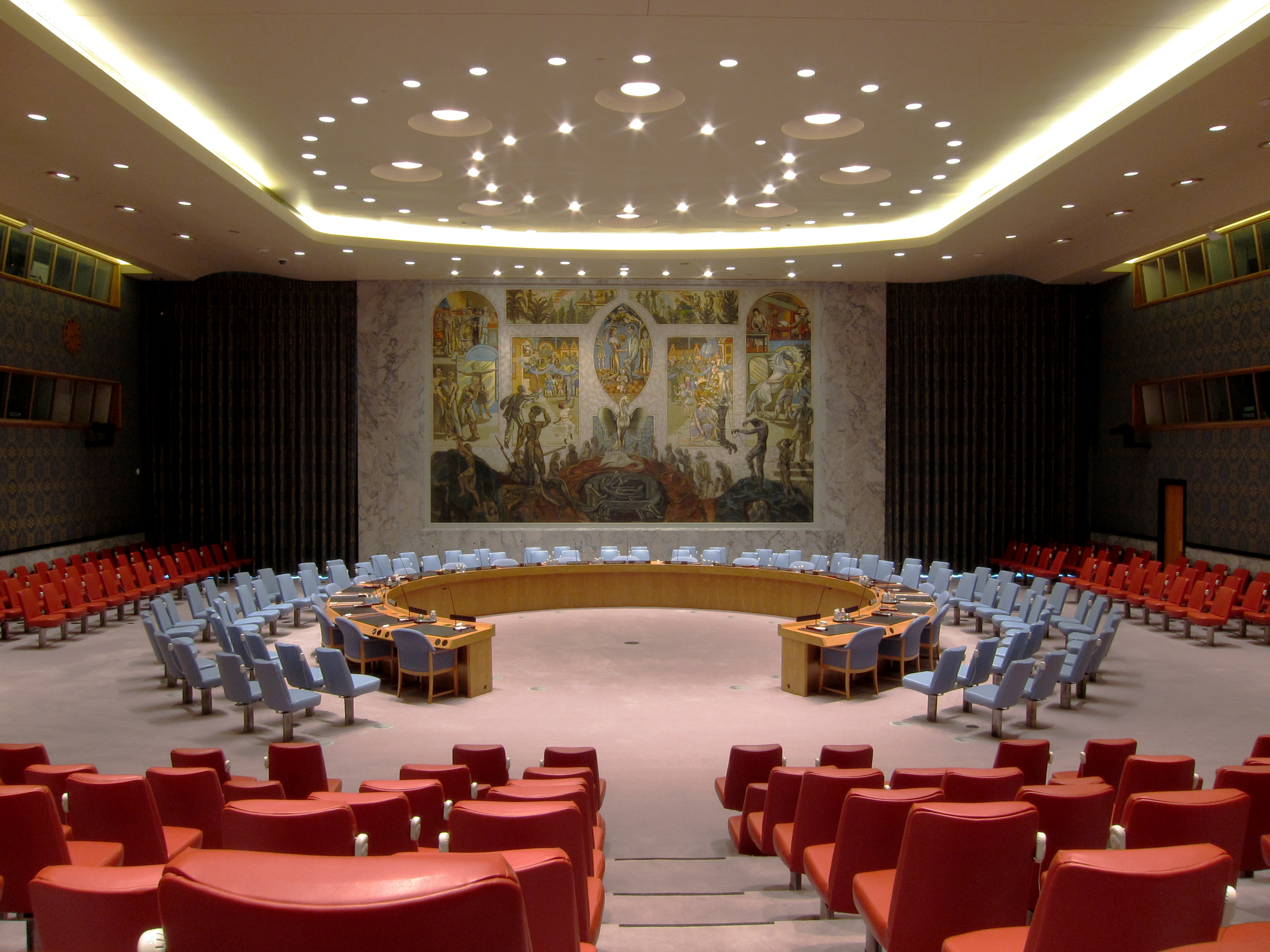 This post is written by Fiona de Londras
This post is written by Fiona de Londras
The project that we are undertaking is very much concerned with counter-terrorism review in the UK. This focus allows us to both put some practical boundaries around the research agenda we are undertaking, and to think about how counter-terrorism review sits within existing constitutional understandings of review, accountability, and rights protection. However, the national focus is a real limitation on this project, as it is on many approaches to studying counter-terrorism.
In a Current Legal Problems lecture that I gave in UCL on 29 November, 2018 I argued that, as a general matter, counter-terrorism has developed into a transnational legal order and that, as a result, much of what happens at local and national levels is connected (either doctrinally or in policy terms) with developments in transnational counter-terrorism.
Those developments can be ‘legal’ in the conventional understanding of the word (e.g. Security Council resolutions, or EU Directives, which may themselves be implementing SC Resolutions), policy developments (e.g. the Global Counter-Terrorism Strategy), or ‘regulatory’ (e.g. Recommendations from the Financial Action Task Force). However, taken together and seen as a systemthey come together into an ‘order’ that attempts to create some harmony of structure, policy focus, legal form, and normative approach across states’ counter-terrorism activities. In doing so, I argued, the ‘transnational legal order’ adopts a particular approach to the relationship between rights and security that carries its own difficulties:
In using transnational legal ordering to reach a transnational settlement not only what the desirable policy outcome is but also how to achieve that outcome norm entrepreneurs in counter-terrorism have grabbed the opportunity to lodge a certain normative approach towards counter-terrorism in international, national, state, and non-state counter-terrorist activities and instruments. And that is an approach that I argue undervalues rights.
If this is so it has some clear implications for counter-terrorism review.
It calls into question the scope of what a review mechanism might consider. If a domestic law has been introduced in order to give effect to an international legal obligation, is it sufficient to review that domestic implementing law as if it were an autonomous piece of municipal law-making? What might be missed by taking this approach? And what limitations might the provision’s international provenance place on the ability of a domestic review mechanism (including politics and politicisation) to lead to meaningful change if the law or policy in question is having adverse or even counter-productive impacts? Conversely, what opportunities to ‘remedy’ rights-deficiencies in international law- and policy-making processes might there be within domestic review mechanisms? Finally, what potential for international review (including but beyond judicial review) exists, and what role might that play in trying to make international and transnational counter-terrorism processes more accountable, more transparent, and more rights-respecting?
These questions are already being asked in a number of ways across different parts of the academy. In my previous work on EU counter-terrorism, for example, I argued that a meaningful commitment to participation and rights-based engagement in the process of making EU counter-terrorism law is necessary—a kind of ex ante process—as well as arguing that all measures should be subject to a robust ex post facto review process. This still has not happened, even though there is an apparent policy commitment to doing so (analysis).
In the UN context the Special Rapporteur, Fionnuala ní Aoláin, has recently called for similar changes to the UN Security Council’s approach to the preparation of counter-terrorism resolutions, proposing both effective civil society engagement and consideration of some ex ante process to try to assess the rights-impact of proposed Resolutions.
What these observations do is to call attention to the connectedness of counter-terrorism and counter-terrorism review across different political and legal spaces, suggesting that transnationalism may both present opportunities for enhancing counter-terrorism review (e.g. through transnational civil society activity, or engagement with human rights courts and treaty bodies) and limitations to our ability to make meaningful change in domestic law and policy.
Image: Neptuul [CC BY-SA 3.0 (https://creativecommons.org/licenses/by-sa/3.0)], from Wikimedia Commons
